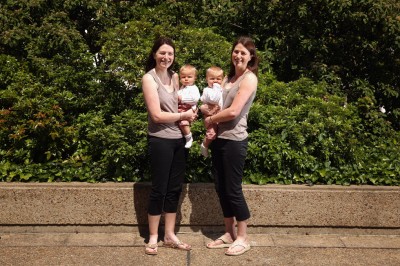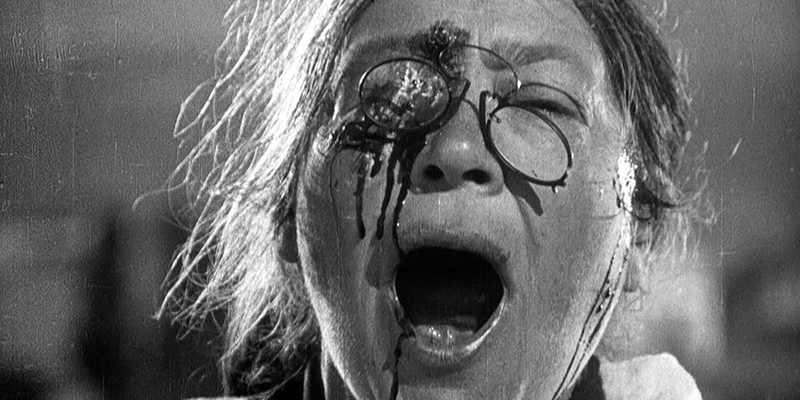Gemelli a Londra – foto
Più di seimila coppie che negli ultimi vent'anni si sono sottoposte a una serie di ricerche che hanno permesso di trovare nuove cure per diverse malattie

altre
foto
Più di seimila coppie di gemelli si sono sottoposte negli ultimi ventuno anni a una serie di analisi genetiche fatte dal Dipartimento di Ricerca dei Gemelli del King’s College di Londra, per contribuire agli sviluppi della ricerca: dal diabete all’artrite, alla miopia, al cancro. Queste ricerche hanno permesso agli scienziati di scoprire più di quattrocento nuovi geni associati a più di trenta malattie, e di sviluppare farmaci per curarle. Oggi alcune delle coppie di gemelli che hanno collaborato con il centro di ricerca si sono riunite all’ospedale St Thomas di Londra, per festeggiare i risultati delle ricerche.



















